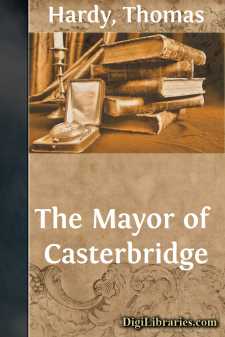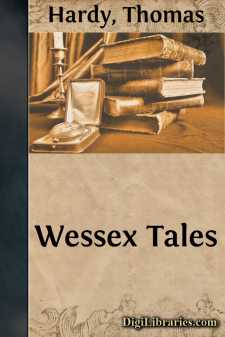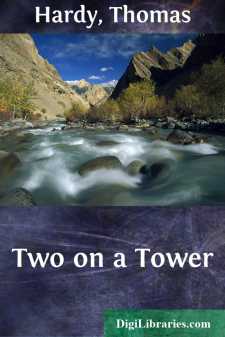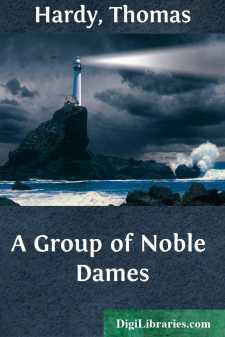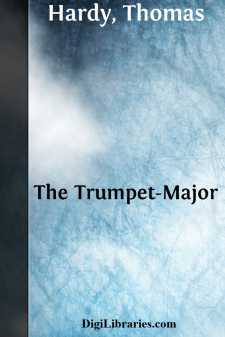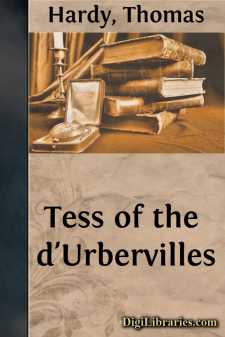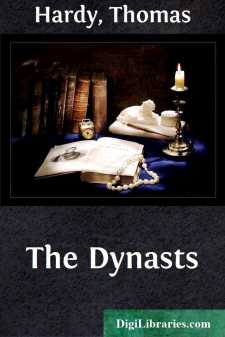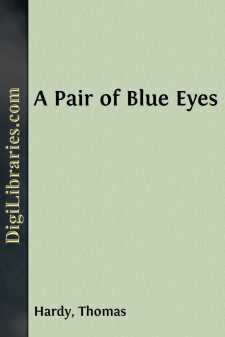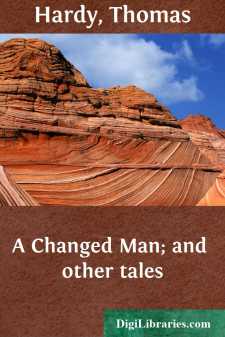Categories
- Antiques & Collectibles 13
- Architecture 36
- Art 48
- Bibles 22
- Biography & Autobiography 816
- Body, Mind & Spirit 145
- Business & Economics 28
- Children's Books 17
- Children's Fiction 14
- Computers 4
- Cooking 94
- Crafts & Hobbies 4
- Drama 346
- Education 58
- Family & Relationships 59
- Fiction 11834
- Foreign Language Study 3
- Games 19
- Gardening 17
- Health & Fitness 34
- History 1378
- House & Home 1
- Humor 147
- Juvenile Fiction 1873
- Juvenile Nonfiction 202
- Language Arts & Disciplines 89
- Law 16
- Literary Collections 686
- Literary Criticism 179
- Mathematics 13
- Medical 41
- Music 40
- Nature 179
- Non-Classifiable 1768
- Performing Arts 7
- Periodicals 1453
- Philosophy 66
- Photography 2
- Poetry 897
- Political Science 203
- Psychology 45
- Reference 154
- Religion 516
- Science 126
- Self-Help 85
- Social Science 82
- Sports & Recreation 34
- Study Aids 3
- Technology & Engineering 59
- Transportation 23
- Travel 463
- True Crime 29
Thomas Hardy
Thomas Hardy (1840-1928) was an English novelist and poet, known for his depiction of the rural life and social issues in the Victorian era. His notable works include "Tess of the d'Urbervilles," "Far from the Madding Crowd," and "Jude the Obscure," which often explore themes of fate, love, and the struggle against societal constraints. Hardy's writing is characterized by its rich, descriptive style and profound pessimism, reflecting his belief in the indifferent nature of the universe.
Author's Books:
Sort by:
by:
Thomas Hardy
1. One evening of late summer, before the nineteenth century had reached one-third of its span, a young man and woman, the latter carrying a child, were approaching the large village of Weydon-Priors, in Upper Wessex, on foot. They were plainly but not ill clad, though the thick hoar of dust which had accumulated on their shoes and garments from an obviously long journey lent a disadvantageous...
more...
by:
Thomas Hardy
Part First "Yea, many there be that have run out of their wits for women, and become servants for their sakes. Many also have perished, have erred, and sinned, for women… O ye men, how can it be but women should be strong, seeing they do thus?"—Esdras. I The schoolmaster was leaving the village, and everybody seemed sorry. The miller at Cresscombe lent him the small white tilted cart...
more...
by:
Thomas Hardy
AN IMAGINATIVE WOMAN When William Marchmill had finished his inquiries for lodgings at a well-known watering-place in Upper Wessex, he returned to the hotel to find his wife. She, with the children, had rambled along the shore, and Marchmill followed in the direction indicated by the military-looking hall-porter ‘By Jove, how far you’ve gone! I am quite out of breath,’ Marchmill said, rather...
more...
by:
Thomas Hardy
PREFACE. This slightly-built romance was the outcome of a wish to set the emotional history of two infinitesimal lives against the stupendous background of the stellar universe, and to impart to readers the sentiment that of these contrasting magnitudes the smaller might be the greater to them as men. But, on the publication of the book people seemed to be less struck with these high aims of the author...
more...
by:
Thomas Hardy
King’s-Hintock Court (said the narrator, turning over his memoranda for reference)—King’s-Hintock Court is, as we know, one of the most imposing of the mansions that overlook our beautiful Blackmoor or Blakemore Vale. On the particular occasion of which I have to speak this building stood, as it had often stood before, in the perfect silence of a calm clear night, lighted only by the cold shine...
more...
by:
Thomas Hardy
I. WHAT WAS SEEN FROM THE WINDOW OVERLOOKING THE DOWN In the days of high-waisted and muslin-gowned women, when the vast amount of soldiering going on in the country was a cause of much trembling to the sex, there lived in a village near the Wessex coast two ladies of good report, though unfortunately of limited means. The elder was a Mrs. Martha Garland, a landscape-painter’s widow, and the...
more...
by:
Thomas Hardy
Phase the First: The Maiden, I-XI I On an evening in the latter part of May a middle-aged man was walking homeward from Shaston to the village of Marlott, in the adjoining Vale of Blakemore, or Blackmoor. The pair of legs that carried him were rickety, and there was a bias in his gait which inclined him somewhat to the left of a straight line. He occasionally gave a smart nod, as if in confirmation...
more...
by:
Thomas Hardy
The Spectacle here presented in the likeness of a Drama is concerned with the Great Historical Calamity, or Clash of Peoples, artificially brought about some hundred years ago. The choice of such a subject was mainly due to three accidents of locality. It chanced that the writer was familiar with a part of England that lay within hail of the watering-place in which King George the Third had his...
more...
by:
Thomas Hardy
Chapter I 'A fair vestal, throned in the west' Elfride Swancourt was a girl whose emotions lay very near the surface. Their nature more precisely, and as modified by the creeping hours of time, was known only to those who watched the circumstances of her history. Personally, she was the combination of very interesting particulars, whose rarity, however, lay in the combination itself rather...
more...
by:
Thomas Hardy
CHAPTER I The person who, next to the actors themselves, chanced to know most of their story, lived just below ‘Top o’ Town’ (as the spot was called) in an old substantially-built house, distinguished among its neighbours by having an oriel window on the first floor, whence could be obtained a raking view of the High Street, west and east, the former including Laura’s dwelling, the end of the...
more...


